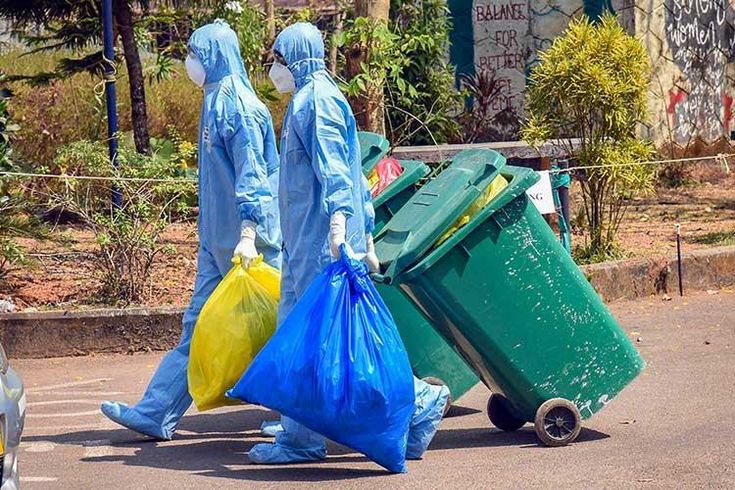In the ever-evolving landscape of healthcare, technological advancements have permeated every aspect of patient care, including the crucial but often overlooked domain of medical sharps disposal. Traditional methods of sharps disposal are being reimagined and upgraded with cutting-edge technologies, paving the way for improved efficiency and safety in healthcare waste management. This article explores the transformative impact of technology on effective medical sharps disposal services.
Smart Containers and Monitoring Systems
One of the notable technological advances in medical sharps disposal services is the integration of smart containers equipped with monitoring systems. These containers are designed to track the fill level of sharps, providing real-time data to disposal services. This not only enhances efficiency in waste collection but also helps prevent overfilling and potential hazards.
RFID and Barcode Technology
Radio-frequency identification (RFID) and barcode technology have become integral tools in the management of medical sharps. Each sharps container can be assigned a unique identifier, allowing for accurate tracking throughout the disposal process. This ensures a transparent and traceable chain of custody, reducing the risk of mishandling or improper disposal.
Mobile Applications for Reporting and Compliance
Mobile applications have revolutionized the way healthcare professionals interact with medical waste disposal services. Apps designed for reporting and compliance streamline the documentation process, making it easier for facilities to track and adhere to regulatory requirements. Such applications also facilitate quick communication between healthcare facilities and disposal services.
Automation in Collection and Processing
Automated systems for sharps collection and processing contribute to increased efficiency and reduced human intervention. Robotics and automated sorting technologies ensure that sharps are handled with precision, minimizing the potential for accidents during the disposal process. These advancements also lead to faster turnaround times in waste management.
Data Analytics for Predictive Maintenance
The integration of data analytics allows for predictive maintenance of disposal equipment. By analyzing usage patterns and system performance, disposal services can proactively address potential issues before they lead to operational disruptions. This predictive approach enhances the reliability of medical sharps disposal services.
Sustainable Disposal Technologies
Technological advances are also influencing the development of sustainable disposal methods for medical sharps. From innovative sterilization techniques to eco-friendly waste treatment, these technologies prioritize environmental responsibility while maintaining the highest standards of safety and hygiene.
Conclusion
As technology continues to advance, the landscape of medical sharps disposal services is undergoing a profound transformation. The integration of smart containers, RFID technology, mobile applications, automation, and sustainable disposal methods collectively enhances efficiency, safety, and environmental responsibility. These technological strides not only address current challenges in healthcare waste management but also set the stage for a more connected, streamlined, and sustainable future in medical sharps disposal services.





Comments